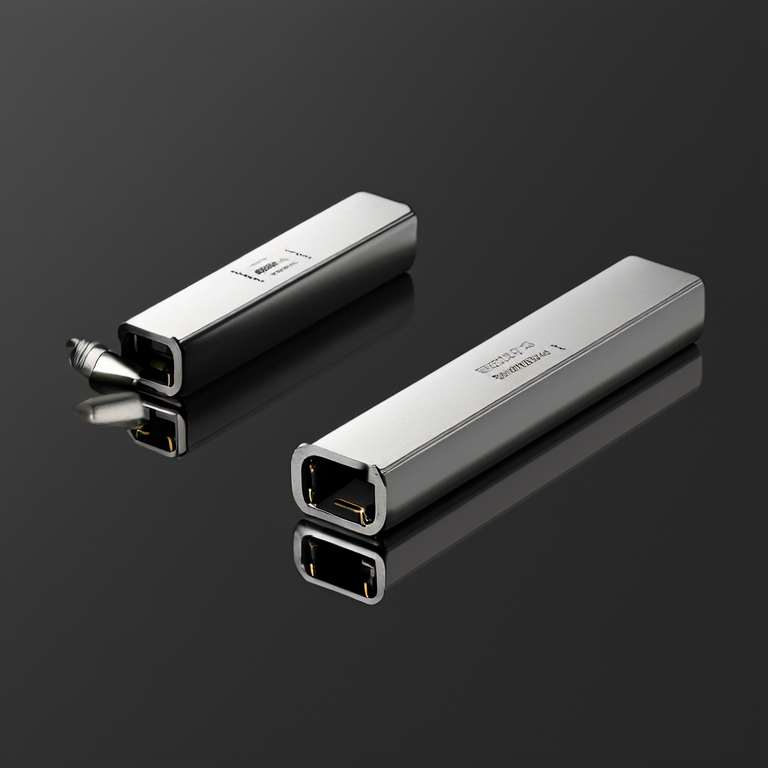- Home
- Products
+
- Connectors
+
- Box Header Connectors & Ejector Header Connectors
- Female Header Connectors
- Male Pin Header Connectors & Mini Jumper Connectors
- IC Socket / PLCC Socket / ZIF Socket Connectors
- Wire to Board Connectors & Wire to Wire Connectors
- IDC Connectors
- FFC / FPC Connectors
- Micro Match Connectors
- DIN41612 Connector
- D-Sub Connectors / D-SUB hood
- SIM & Micro SIM & Nano SIM Card Connectors
- Memory Card Connectors
- USB 2.0 / USB 3.0 / USB 3.1 / Type C / Micro USB / IEEE 1394 / Mini USB Connectors
- DVI Connectors & HDMI Connectors
- Y13 / Y17 /Y21 IP68 Waterproof Circular Connectors
- Circular Connectors
- SATA Connectors
- Audio Connectors
- Terminal Blocks
+
- PCB Terminal Block Rising Clamp
- PCB Terminal Block Wire Protector
- Pluggable Terminal Blocks
- Screwless-Spring terminal blocks
- Barrier Terminal Blocks
- Reflow Solder LCP Housing Terminal Blocks
- Fuse lighting terminal blocks
- Feed Through Terminal Blocks and Box
- Miniature Rail-mounted Terminal Blocks
- Insulated terminals
- Non-insulated terminals
- Solder terminals for PCB mount
- Switches +
- Crystals / Oscillators / Resonators +
- Transformers +
- Ethernet Connectors +
- RF Connectors&Antennas +
- Sound sources +
- Connectors
+
- Cross Reference
- Solution
- About RHT
- FAQ
- Download
- News
- Contact Us +
What are the three main connector types of audio?
 Aug. 15, 2025
Aug. 15, 2025In today\'s audio-driven world, Audio Connectors are essential components that facilitate sound transmission across various devices. As an Audio Connectors manufacturer, understanding these crucial components is vital, whether you\'re a music producer, an audio engineer, or a casual listener. Audiophiles and professional sound designers often face the pain point of selecting the right connectors for their specific needs. This can lead to issues like poor sound quality, connectivity problems, or even damages to devices if incompatible connectors are used. By delving into the fundamentals of audio connectors, we aim to alleviate these concerns and enhance the overall audio experience.

What Are Audio Connectors?
Audio connectors are components used to connect audio equipment, allowing for the transfer of sound signals. There are several types of audio connectors, but three main types dominate the industry: XLR connectors, TRS (Tip-Ring-Sleeve) connectors, and RCA connectors. Each type has its own specifications and uses, making it crucial to choose the appropriate connector for audio devices.
Industry Term Analysis
XLR Connectors: Widely used in professional audio equipment, XLR connectors come with a robust locking mechanism, ensuring secure connections. They are characterized by three pins and are commonly used for microphones, providing a balanced audio signal that minimizes interference.
TRS Connectors: These connectors are often found in headphones and audio interfaces. TRS connectors are typically 1/4 inch (6.35 mm) in size and can transmit stereo sound as well as balanced audio signals.
RCA Connectors: Often used in consumer electronics, RCA connectors are color-coded (usually red and white) for easy connection to home audio systems and televisions. They transmit unbalanced signals, making them less effective at noise cancellation compared to XLR connectors.
Application Scenarios
Audio connectors are prevalent across various fields:
Music Production: In studios, XLR connectors are essential for mic connections and equipment linking to ensure high audio fidelity.
Live Sound: Sound engineers utilize TRS and XLR connectors extensively in concerts and events to connect instruments and mixers for optimal audio performance.
Home Audio Systems: RCA connectors remain popular for connecting televisions and other audio equipment in consumer settings, enhancing the enjoyment of media content at home.
Broadcasting: Professionals rely on robust XLR connectors for reliable audio transmission in radio and television broadcasting.
Brief Description of Advantages
The significance of audio connectors cannot be overstated for several reasons:
Signal Quality: Different types of connectors are designed to transmit audio signals with varying levels of quality. For example, XLR connectors can reduce noise interference by an impressive 90% compared to traditional RCA connections, making them ideal for professional settings.
Durability: High-quality connectors are built to withstand repeated plugging and unplugging, essential for dynamic environments like live performances.
Versatility: With a variety of connectors available, audio connectors accommodate a wide range of devices and applications, providing adaptability essential for both professionals and consumers.
Next Step Guidance
To ensure optimal use of audio connectors, it’s beneficial to refer to the user guide provided by manufacturers, which supplies detailed instructions on how to properly connect devices, maintenance tips, and troubleshooting advice. If you\'re considering upgrading your audio equipment, RHT offers quality audio connectors designed for efficient signal transmission and durability. Explore RHT’s range to find connectors that best suit your needs.
FAQ
1. What is the best audio connector for professional use?XLR connectors are considered the benchmark in professional audio environments due to their ability to deliver balanced signals and minimize interference.
2. How can I tell if my audio connectors are functioning properly?Inspect the connectors for any visible damage, ensure they fit securely when plugged in, and conduct sound tests to check for sound quality and clarity.
3. Can I use an RCA connector for professional audio equipment?While it\'s possible, RCA connectors do not provide the same level of noise cancellation and audio fidelity as XLR or TRS connectors, making them less suitable for professional applications.
4. Where can I purchase high-quality audio connectors?High-quality audio connectors can be found through reputable manufacturers like RHT, which offers a wide variety of connectors suitable for both professionals and enthusiasts.
In summary, understanding audio connectors is crucial in effectively managing your audio equipment. By familiarizing yourself with the different types available and their corresponding applications, you can ensure a seamless audio experience. For those interested in trialing superior connectors, check out RHT’s offerings for quality and performance!











